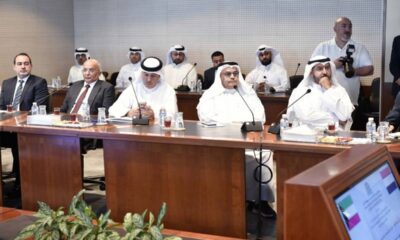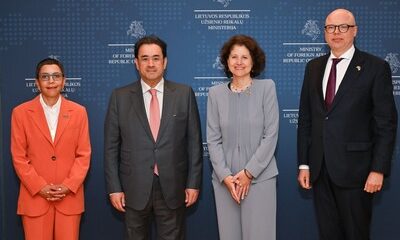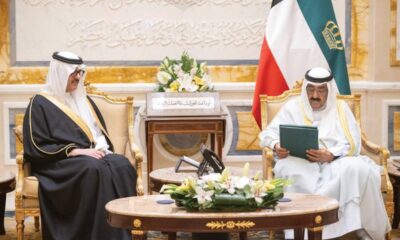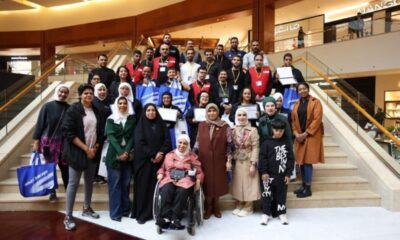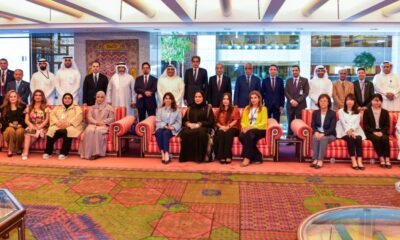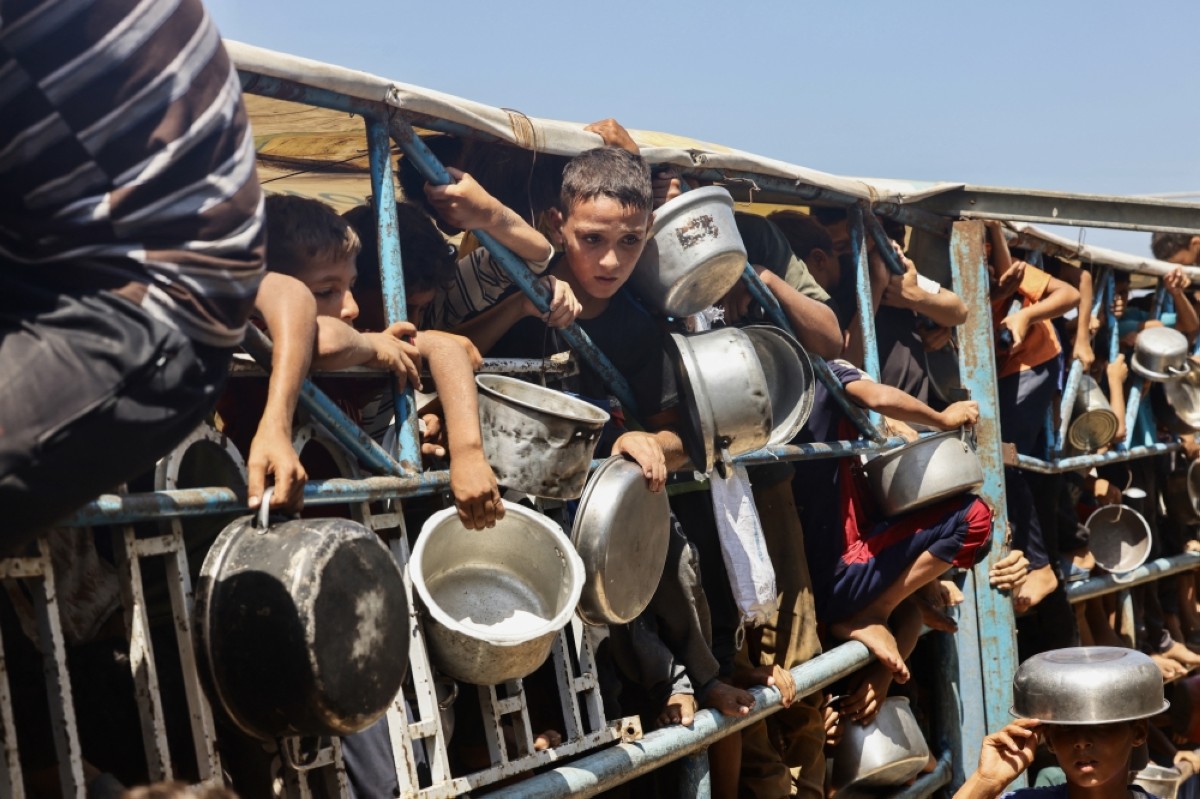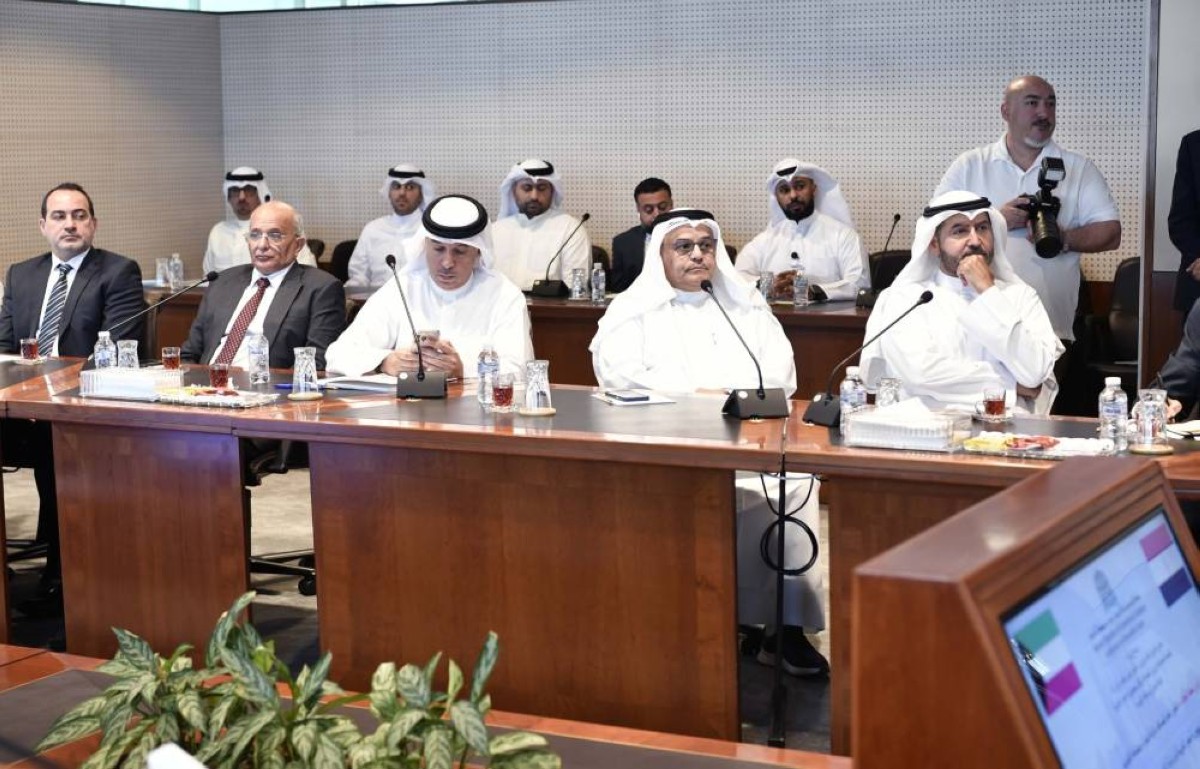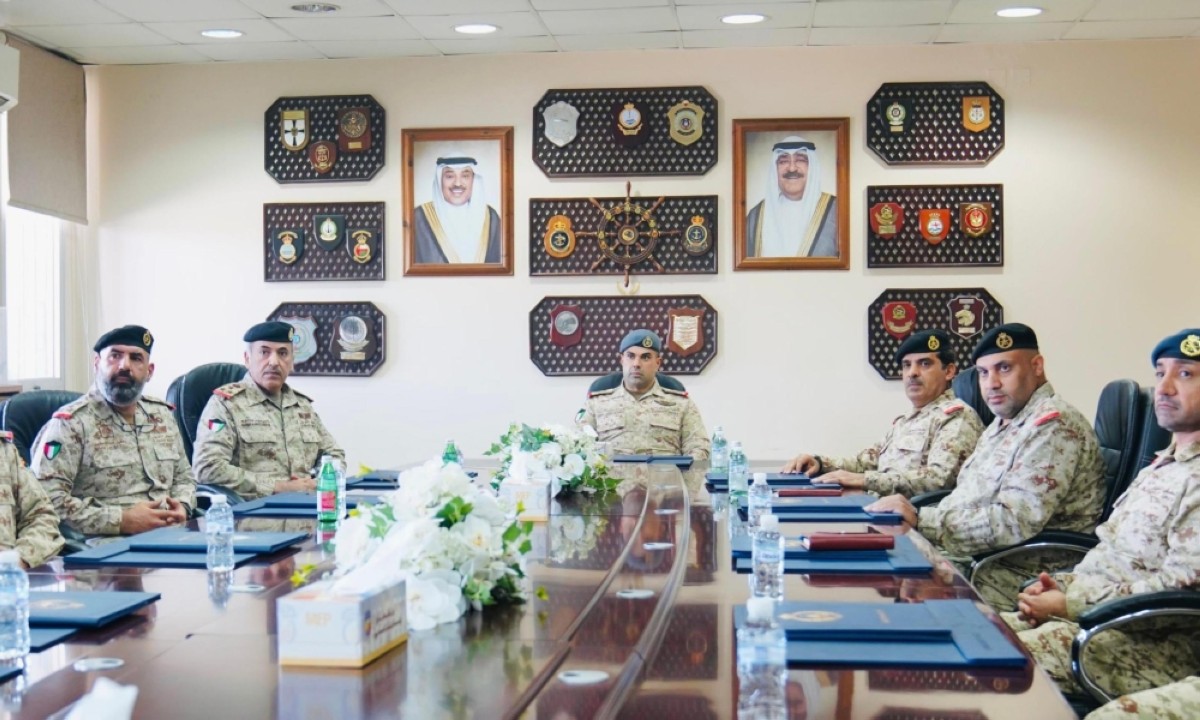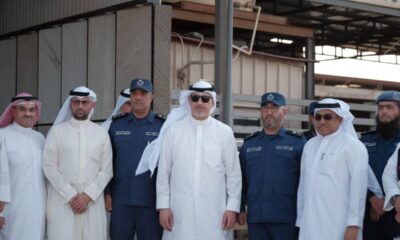KUWAIT: Chairman of the Kuwait Red Crescent Society (KRCS) Ambassador Khaled Al-Mughamis reaffirmed Kuwait’s unwavering commitment to humanitarian causes and its dedication to strengthening partnerships with international organizations in the fields of relief and humanitarian aid. Speaking at the opening of a three-day workshop on international humanitarian law, organized by the KRCS in collaboration with the International Committee of the Red Cross (ICRC), Al-Mughamis highlighted Kuwait’s longstanding role as a leading donor and supporter of global relief efforts.
“Kuwait has consistently placed humanitarian concerns at the forefront of its foreign policy,” Al-Mughamis said, underlining the country’s eagerness to sustain its humanitarian approach in close cooperation with international bodies, particularly the ICRC. He noted that KRCS, inspired by these values, is committed to delivering aid to vulnerable populations in both times of peace and in the face of crises and disasters, locally and internationally. This, he stressed, is in alignment with the society’s fundamental humanitarian principles, which prioritize the protection of human dignity under the most challenging circumstances, especially during armed conflicts.
Participants attend the workshop. – KUNA photos
Head of the ICRC delegation to the GCC countries, Mamadou Sow
International Humanitarian Law Workshop, organized by the Kuwait Red Crescent Society in coordination and cooperation with the International Committee of the Red Cross.
Turning to the significance of the workshop, Al-Mughamis described international humanitarian law as a vital framework aimed at mitigating human suffering during warfare and upholding human dignity even in the direst conditions. He emphasized the importance of spreading awareness and understanding of these principles among individuals and institutions to prevent violations and promote respect for human rights. He also praised the ICRC for its pivotal role in advancing international humanitarian law and for its continued support to national societies, including the KRCS, through technical and educational assistance.
For his part, Mamadou Sow, Head of the ICRC’s Regional Delegation for the Gulf Cooperation Council (GCC) countries, expressed pride in the enduring partnership with the KRCS. He lauded the society’s dedication to promoting and defending the principles of international humanitarian law. “This workshop is not merely a training event—it is a powerful message of humanity, promoting awareness, self-restraint, and solidarity,” Sow said. He also expressed deep sorrow over the recent tragic events in Gaza, particularly the loss of International Red Cross Movement members in Khan Younis, extending condolences to the victims’ families and colleagues.
The workshop features in-depth discussions on key topics such as the role of the International Red Cross Movement, the fundamentals of international humanitarian law, the intersection of international law and armed conflict, the work of the International Criminal Court, and the protection of civilians through both Islamic Sharia and international humanitarian standards. Representatives from various Kuwaiti ministries, institutions, and associations are participating in the event, which aims to bolster understanding and implementation of humanitarian law and to reinforce its core values across the region. — KUNA





